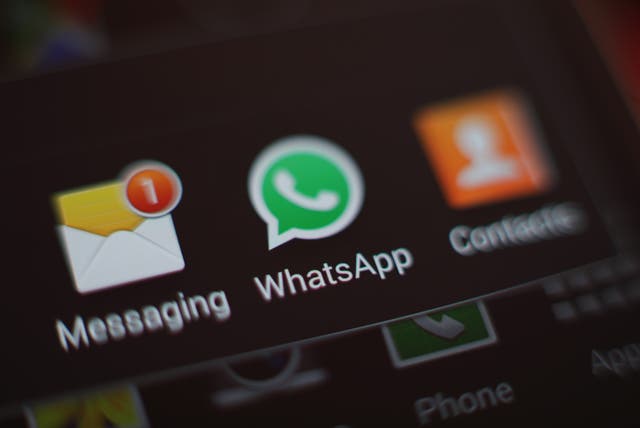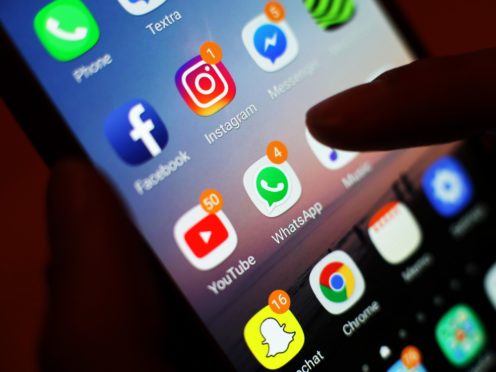The majority of parents fear that their child will be subjected to cyberbullying via group chats, according to a new survey.
Eight out of 10 parents expressed concern about the nature of closed group chats, used on platforms such as WhatsApp and Snapchat.
“Group chat can often be a source of upset for kids – from one child posting a picture that makes someone feel excluded to another not being included in a group at all,” warned psychologist Dr Linda Papadopoulos.
“But group chats also have the power to stop kids feeling isolated as it can give them an opportunity to stamp out poor conduct and stand up for one another.”
The study of more than 2,000 parents, conducted by child online safety non-profit Internet Matters, showed that 62% of parents worry that their child will not open up about issues they face online, while parents of children aged 11 to 13 are the most concerned overall.
“Online groups are one of the most common ways children communicate with each other – whether that be a group that includes their whole class or a few select friends,” said Internet Matters chief executive Carolyn Bunting.

“Crucially, group chats are not public, which makes it challenging to parents to know what’s going on.”
The organisation has released the findings to mark Stop Speak Support Day, an anti-bullying initiative set up by the Duke of Cambridge during Anti-Bullying Week.
Meanwhile, the Government is currently considering whether to enforce legislation on social networks to protect young people.
Speaking at the final evidence session for the Science and Technology Committee’s inquiry into the impact of social media on Tuesday, Minister for Digital Margot James said she is considering a deadline to speed up the removal of harmful content on social media, as well as a “digital identity” to prevent teenagers from accessing pornography online.
